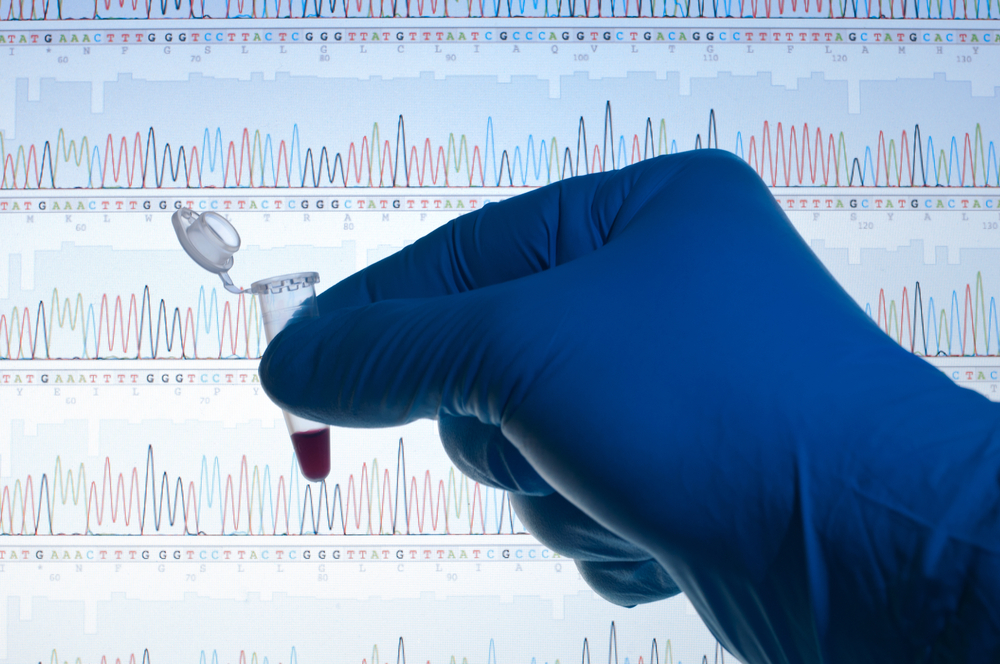 A recent study published in Science Signaling has revealed a crucial gene that can partially explain how the TGF-beta protein can simultaneously stop cancer progression and encourage its growth.
A recent study published in Science Signaling has revealed a crucial gene that can partially explain how the TGF-beta protein can simultaneously stop cancer progression and encourage its growth.
Usually, TGF-beta works as a tumor suppressor, providing cells the necessary signals to grow in a controlled manner. However, sometimes this protein can completely change its function, transforming itself into a tumor promoter, pushing tumor growth and malignancy.
In their study, researchers from the University of Michigan Comprehensive Cancer Center have found Bub1 as one of the main genes involved in TGF-beta receptor regulation.
“Our data that Bub1 is involved at the receptor level is completely unexpected,” study author Alnawaz Rehemtulla, Ph.D., Ruth Tuttle Freeman Research Professor of radiation oncology and radiology and co-director of the Center for Molecular Imaging at the University of Michigan Medical School, said in a news release. “Bub1 is well-known for its role in cell division. But this is the first study that links it to TGF-beta. We think this may explain the paradox of TGF-beta as a tumor promoter and a tumor suppressor,” he added.
The research team designed an approach that allowed them to screen TGF-beta regulatory genes. They compared 720 genes from the human genome with lung and breast cancer cells, discovering Bub1 as the strongest gene involved in TGF-beta regulation.
[adrotate group=”3″]
Bub1 binds to the TGF-beta receptor, initiating a cascade of signaling events that lead to the promotion of its pro-tumoral behavior. As such, when researchers silenced this gene, they were able to completely downregulate the TGF-beta pathway.
Due to the fact that Bub1 is present not only in breast cancer cells, but on a multitude of other tumors, a drug that could target this gene would have an extremely important medical impact. An experimental compound is already being investigated but is still in the early stages of development and is not suitable for clinical testing yet.
“When you look at gene expression in cancer, Bub1 is in the top five. In addition, Bub1 expression levels correlate with outcome in patients with lung and breast cancer. But we never knew why. Now that we have that link, we’re a step closer to shutting down this cycle,” Dr. Rehemtulla concluded.

